Can You Have Matcha While Pregnant?
Matcha tea has become very popular recently. It’s a type of green tea high in antioxidants and caffeine.
Many people love drinking it because it gives them energy and helps them stay focused.
Matcha tea is traditionally prepared from finely ground Japanese green tea leaves. The powder is then whisked into hot water to create a frothy drink.
There are some health benefits associated with consuming matcha tea. For example, it contains higher amounts of antioxidants compared to other types of green tea.
In addition, some studies suggest that matcha tea may also reduce blood pressure and cholesterol levels. However, the research on this topic is still limited.
If you plan to start drinking matcha tea during pregnancy, speak with your doctor first.
This beverage does contain caffeine, so it could cause problems for your unborn baby if consumed too often.
The U.S. Food and Drug Administration warns against drinking an excessive amount of caffeinated beverages during pregnancy due to possible adverse effects on fetal development.
That’s why many pregnant women choose decaffeinated products over-caffeinated ones.
Coffee & Tea During Pregnancy: What To Know

Do not consume more than 3 cups per day. The caffeine content of coffee increases throughout the day. If you have a cup of coffee at 8 o’clock in the morning, another one around noon or even later will make your body absorb more caffeine.
If you have headaches or migraines when trying to get pregnant, stop drinking coffee altogether. You should consider cutting down or completely eliminating coffee from your diet when you have these side effects.
Although coffee can actually help improve fertility after conception, it’s best to avoid coffee until after you’ve conceived.
Consult Your Doctor Before Drinking Coffee
Caffeine is known to stimulate uterine contractions.
So if you experience irregular menstrual cycles or heavy bleeding before getting pregnant, you might want to try switching to decaf instead.
Your doctor will recommend how much caffeine you should limit yourself to. Research shows that small amounts of caffeine increase fertility and improve the chances of conceiving.
But suppose you feel like you need something more substantial to boost your libido.
In that case, you can opt for herbal supplements that include ingredients similar to matcha powder (such as horny goat weed).
Drinking matcha tea is safe for most women who want to conceive. However, no evidence suggests that drinking more than three cups per day will harm your fetus.
For those who decide to drink caffeinated drinks during pregnancy, limit their consumption to 2 cups per day.
Remember, caffeine is a stimulant, so keep in mind that you may feel jittery or anxious if you consume too much.
Health Risks Of Consuming Too Much Caffeine

It’s important to note that caffeine can affect women differently, depending on their age and weight. Caffeine is generally considered safe if taken up below 300 mg daily.
However, drinking more than 400 mg per day can lead to insomnia and nervousness. It can also raise blood pressure and the risk of developing high blood sugar.
Keep in mind that caffeine can also interact with certain medications. Talk to your doctor about whether caffeine is safe for you.
How Can I Get My Period After Pregnancy?
Pregnancy is a fascinating time in a woman’s life.
It’s an opportunity for you to meet your baby for the first time, prepare yourself to be a mom, and learn everything that comes with being a parent.
During this time, you also start preparing your body for childbirth by growing bigger breasts and experiencing other changes in your body.
So the last thing you need to worry about is missing your period.
You’ll likely lose your period within two weeks of giving birth, but don’t panic! This isn’t unusual, and there are several reasons why you won’t menstruate right away.
What You Shouldn’t Eat While Pregnant
While pregnant, you shouldn’t eat anything that contains raw onions, garlic, spicy foods, or alcohol.
These items could cause your uterus to bleed or rupture, injuring both mother and child.
These foods are also high in salicylates and can trigger morning sickness.
If you suffer from frequent bouts of nausea and vomiting, make sure you stay hydrated by consuming plenty of water.
In addition to avoiding food triggers, you’ll also want to steer clear of other activities that can trigger stomach aches.
For example, exercise can leave you feeling nauseous because of the sudden rise in adrenaline levels.
Another common reason for not having your period after giving birth is hormonal shifts caused by pregnancy.
After giving birth, your hormones naturally shift towards producing estrogen instead of progesterone.
This hormone imbalance causes periods to stop altogether. Take extra vitamins D3 and B12 and eat omega-3 fatty acids such as salmon and flaxseeds to prevent it from happening.
Coconut Water And Pregnancy: How Does It Affect Your Baby?
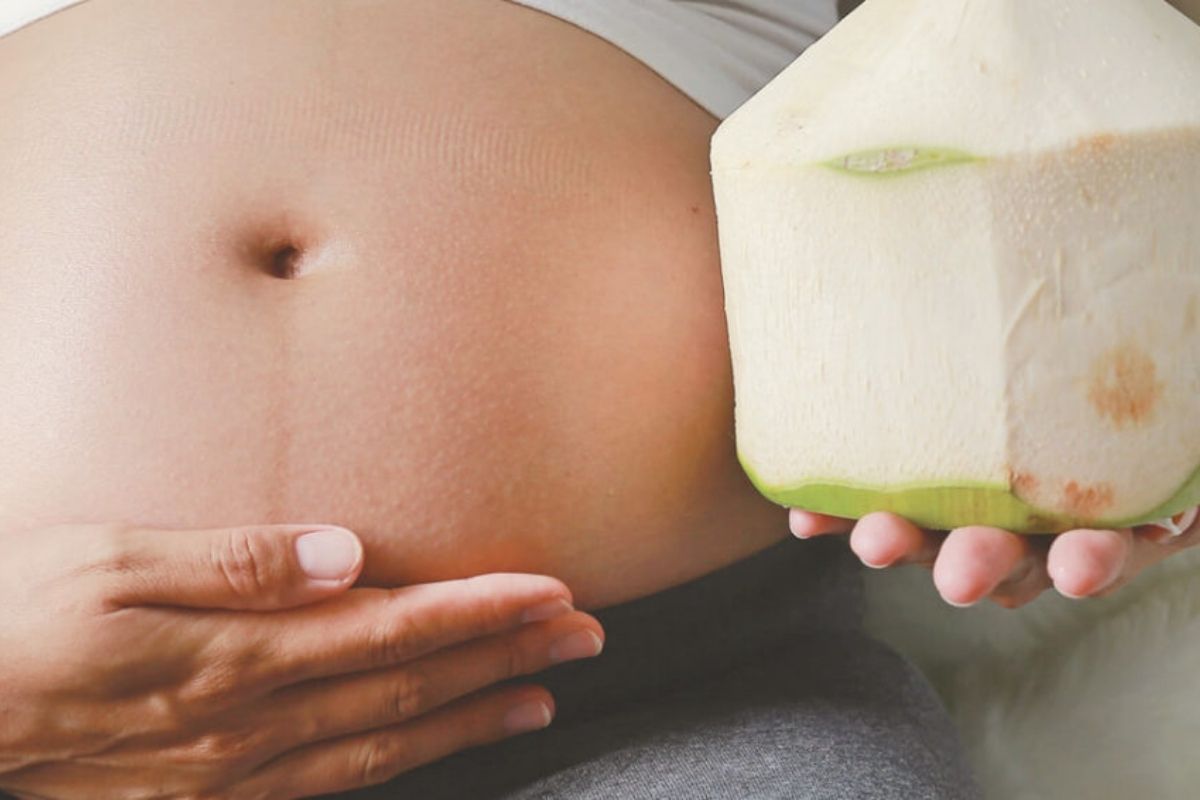
When you’re pregnant, you might think that nothing but water is good enough. But coconut water is actually one of the best beverages when you’re expecting.
Why? Because coconut water has been proven to reduce swelling and pain related to morning sickness.
Plus, coconut water is low in calories. It contains potassium — essential nutrients that help regulate heart rate, maintain muscle function, and control fluid balance.
In addition, coconut water doesn’t have any added sugars, so it’s ideal for people who have diabetes or those who struggle with maintaining a healthy blood glucose level.
If you’re looking for something to drink during meals or quench your thirst, try adding some frozen strawberries to your coconut water.
They provide natural sweetness without leaving behind any artificial flavors or sweeteners.
How Do Women Prevent Morning Sickness During Pregnancy?
Suppose you constantly battle with severe bouts of nausea (and even vomiting). In that case, it’s probably no surprise that your stomach is ready to pop at any moment.
Thankfully, there are ways you can avoid morning sickness. Some experts recommend eating smaller meals and sticking to bland foods like fruit or yogurt.
Others suggest drinking more fluids. But, of course, if none of these suggestions work, you may be suffering from hyperemesis gravidarum, where you experience extreme symptoms.
Explore Also:
Creativehouseblog
Dietsheriff
Gigasecurehome
For most women, milder symptoms will gradually resolve once the baby arrives. But if the problem persists, talk to your doctor about seeking treatment.
Conclusion
To conclude this post on “Can you have matcha tea while pregnant?” we hope you learned a lot. We also hope that you found out information about the benefits of matcha tea.
So let us know what you think! Did you try matcha tea during your pregnancy? What did you think of it?

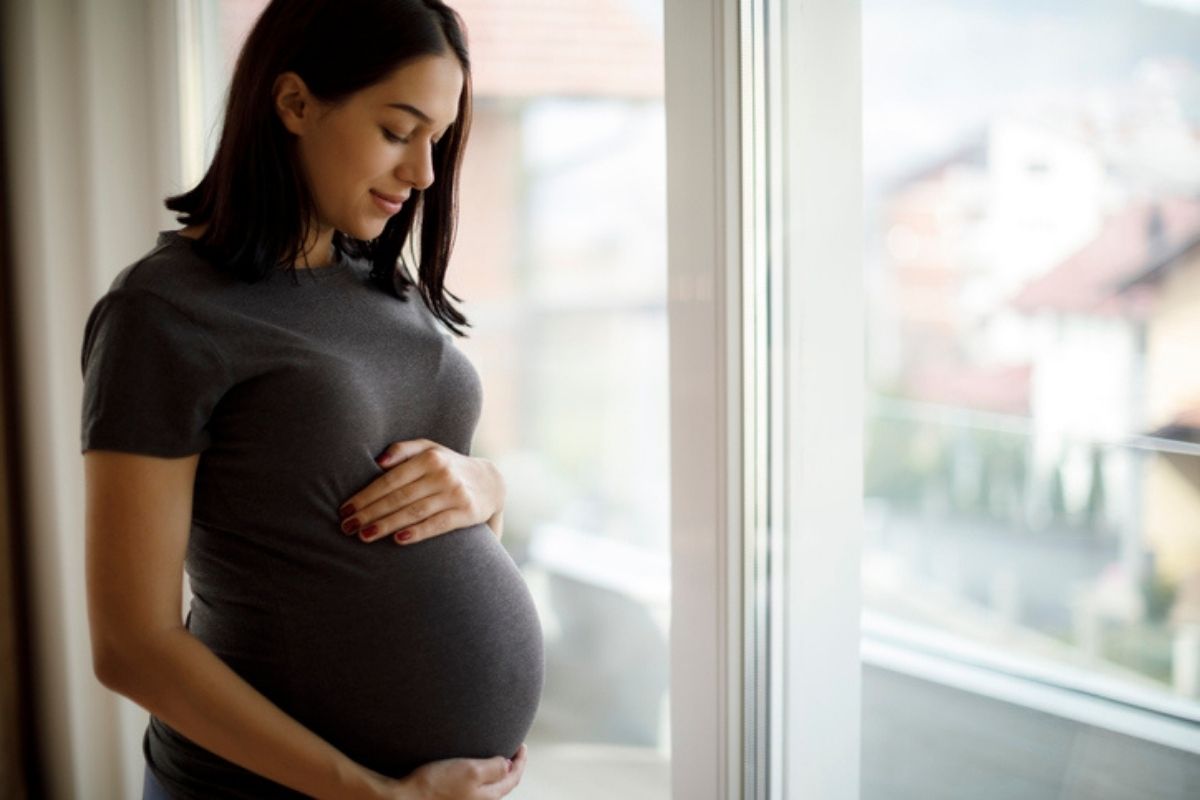
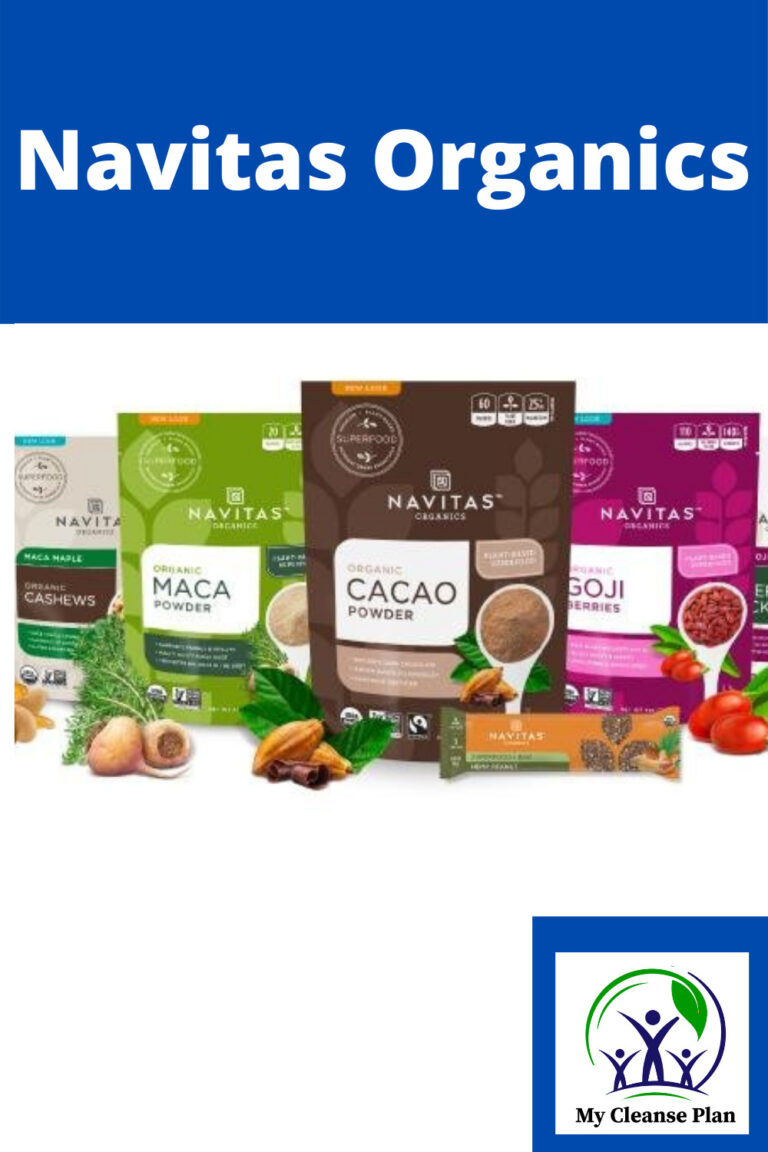

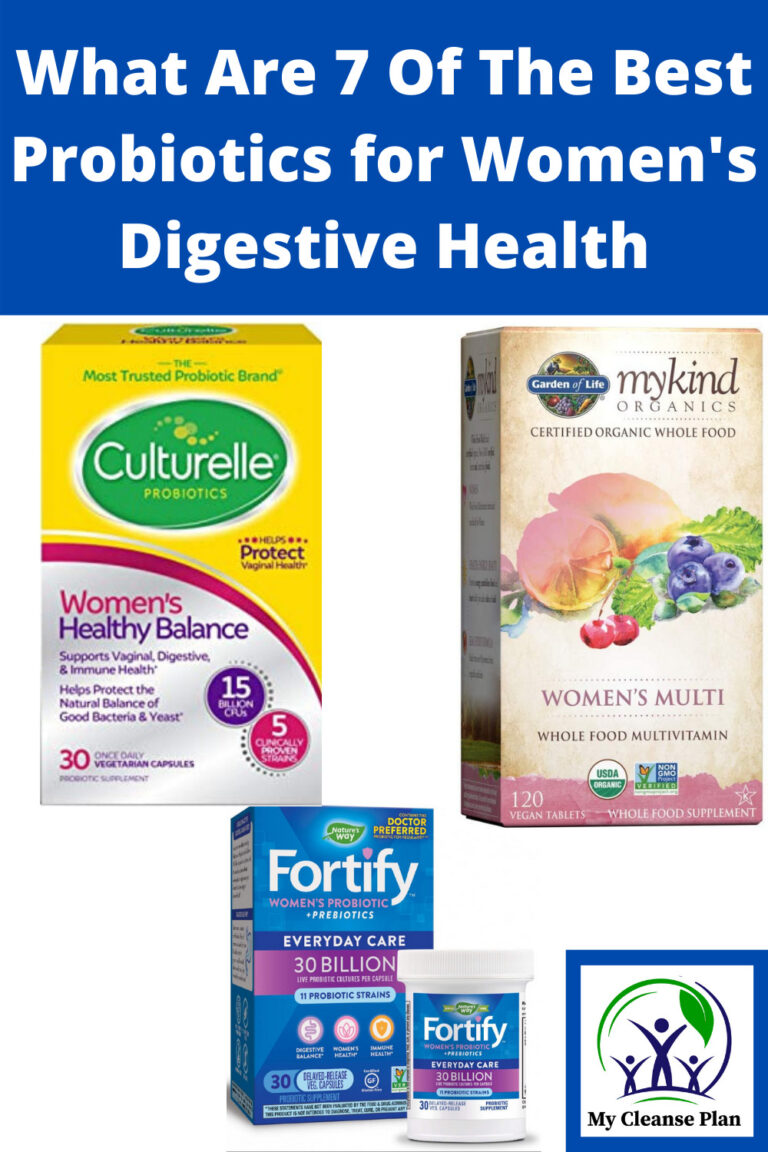
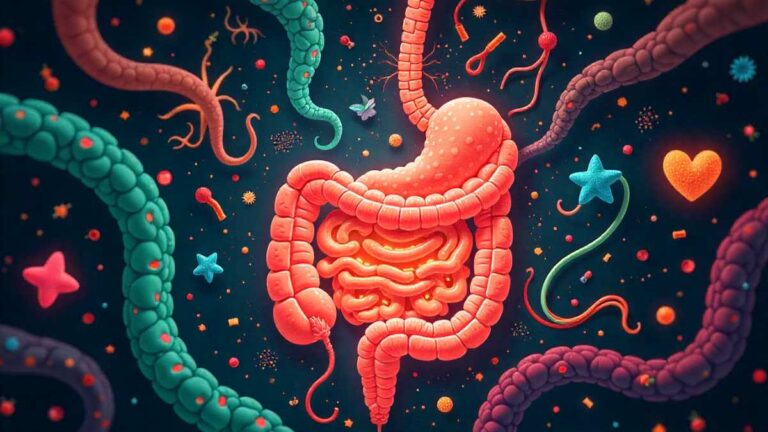
![Do Probiotics Work Unpacking the Science and Benefits[1]](https://mycleanseplan.com/wp-content/uploads/2025/11/Do_Probiotics_Work__Unpacking_the_Science_and_Benefits1-768x448.jpg)